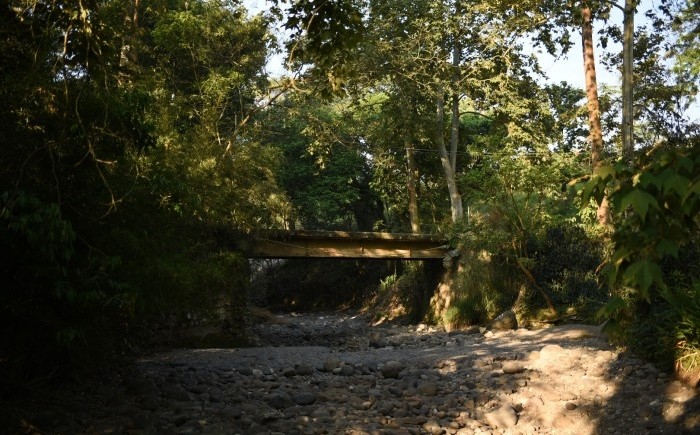

When was it not state-sanctioned? Also, one’s unsure what Ooi means by “society”.

Thus, Ooi claims, Malaysia’s future rests upon the “type of Islam practiced in society,” which is, he argues, “most likely to be the dominant, state-sanctioned political Islam that emerged victorious in its battle for supremacy over other types of political Islam”. But how does one measure an “increase in political Islam”?Īt any rate, the sugar becomes the centre of how my coffee tastes, as much as would Ooi’s “Muslim-centered politics will play an increasingly important part in Malaysian politics, and the discourse in the public sphere will adopt the language of political Islam.” If I were to add a third teaspoon of sugar to the one already in my Nescafe Blend 43 (usually black), my coffee definitely would be sweeter. He also asserts that “society and the state” are becoming “increasingly Islamised” and to that extent “there is likely to be an increase in political Islam.” Ooi begins with a bold claim - the politicisation of Islam in Malaysia has gained “momentum and influence” over the last 30 years. And so it turns out for Ooi Kok-Hin in his essay, The rise and rise of Muslim politics (in Malaysia), to which he lends repute to Bayesian probability. I become very cynical whenever the awfully clichéd word “discourse” is thrown up as if it is the only term that can effectively describe political, economic or any other social science narrative. Power plays for notions of “Malayness”, and not Islam, continue to shape the nation’s politics, argues Manjit Bhatia.


 0 kommentar(er)
0 kommentar(er)
